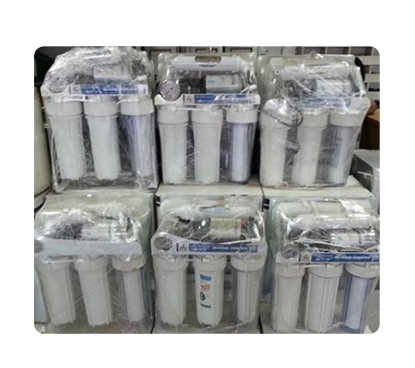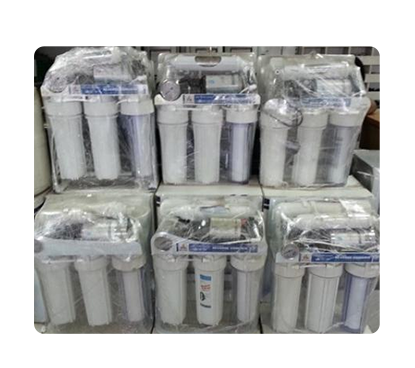The main idea of the project is to establish a water purification filter factory, as the project is based on manufacturing a complete water treatment unit with different stages and individual wax and then selling it. The factory products are: (complete water treatment unit – individual wax), and the project targets many sectors, including: (sanitary ware companies – sanitary ware stores – plumbing stores – wholesalers and retailers), as well as homes and companies, in order to benefit from the increased demand for these products for the growth of the targeted sectors. The feasibility study of the water filter factory conducted by mashroo3k Company for Feasibility Studies and Business Plans indicates that the project is one of the commercial projects that achieve high economic returns and surpluses.

Mashroo3k Company for Feasibility Studies and Business Plans provides a feasibility study for a water filter factory, based on modern scientific and technological foundations and methods, where it studies the project idea, its nature and components, then studies the market, analyzes competitors and discovers the marketing gap between supply and demand. After analyzing and studying the market size, it becomes clear that there is a great need for the factory’s products, which are: (5, 6, 7, and 8-stage filters – single candle), and these filters are used due to the high percentage of heavy metals in water, the high percentage of chlorine, and the mixing of water with other liquids. The factory provides its products according to the latest international quality standards and at competitive prices, by relying on the finest raw materials and the best production lines, as the factory relies on leading cadres, whether technical or administrative, in this field to produce and manufacture products of high quality and a distinctive character for all targeted sectors, which are: (Sanitary ware companies – sanitary ware stores – plumbing stores – wholesalers and retailers), as it targets homes and companies. The factory tries to capture the largest possible percentage of the marketing gap between supply and demand in these markets, and seeks to benefit from the increase and rise in the rates and volume of demand for its products.




The Kingdom of Saudi Arabia has paved the way for development with its ambitious Vision 2030, which aims at economic diversification, the renaissance of non-oil sectors and increasing the contribution of the private sector to GDP, and this can only be achieved through the renaissance of industry and mining as two main tributaries in major economies, and the Kingdom is determined to increase their participation in its GDP by about 15%. When talking about industry in the Kingdom, it should be noted that it was not born out of the moment, but rather it has been extended and rooted since the discovery of oil in the Kingdom in the late thirties of the last century. Over the decades, the Kingdom spared no effort to develop its industry; it established the Industrial Development Fund (1974), the Royal Commission for Jubail and Yanbu (1975), and SABIC in 1976. The roles and tasks undertaken by these institutions and the programs they worked on to grow the industrial sector and develop its performance and working mechanisms are no secret to anyone. As a result of the efforts exerted years ago in this direction, the number of factories in the Kingdom today has increased to more than 10,000 factories. We, mashroo3k, believe in the importance of the industrial sector and its role in driving the economy, so we will present its most important indicators below so that anyone wishing to invest in it can be aware of them:
